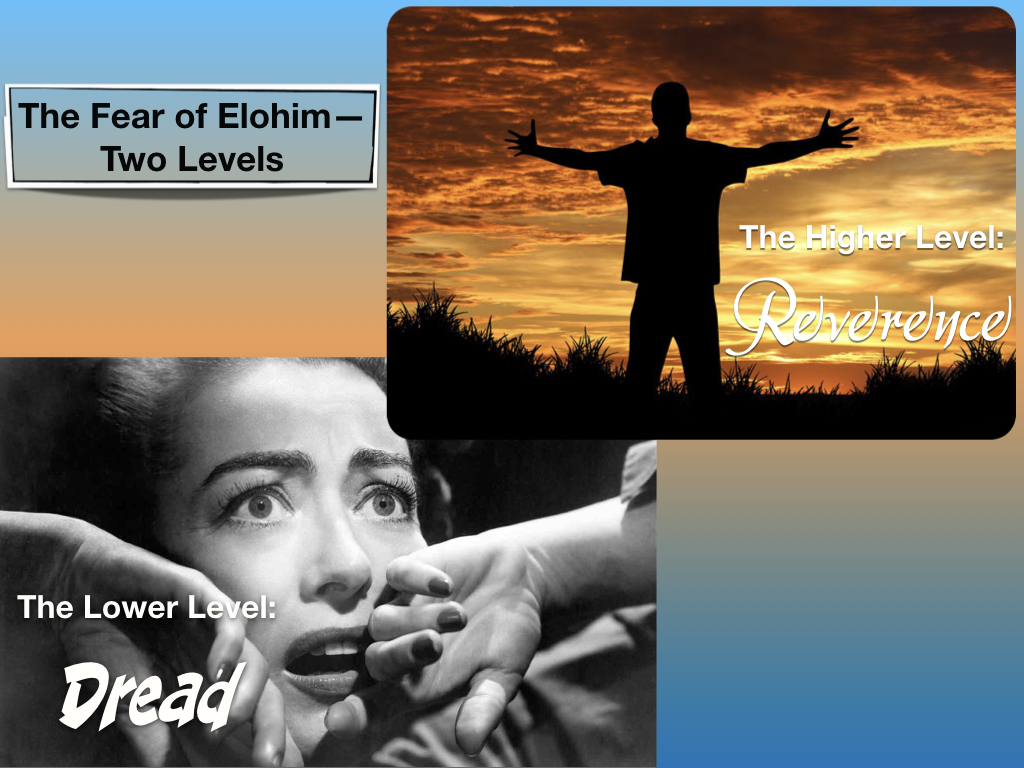
Deuteronomy 4:2, You shall not add to the word that I command you, nor shall you subtract/diminish from it. YHVH warns his people against adding or subtracting from his written word elsewhere as well (Deut 12:32; Rev 22:18–19). Men seem inclined to ignore YHVH’s command in this regard. In fact, whole religions have been founded based on disregarding this prohibition. Some claim to be Bible-based (e.g. Mormonism with their Book of Mormon and rabbinic Judaism with its Talmud), and some have supplanted the entire Bible with their own book (Islam with its Quran). This doesn’t even include the numerous unbiblical traditions and man-made doctrines that many traditional churches and denominations have constructed out of whole cloth and patched into the teachings of the Bible. This cannot be pleasing to Elohim!
Who is the author of and real power behind adding to and subtracting from or twisting YHVH’s Word? It is Satan the serpent. (See Gen 3:1ff and Matt 4:3ff.) Make no mistake, adding or subtracting from the Word of Elohim is to fall for the lie that the devil told the first humans at the tree of knowledge that the Word of Elohim can be molded and formed to fit men’s ways of thinking instead of Elohim’s.
What did Yeshua warn the religionists of his day against in this regard? He said, “Thus have you made the commandment of Elohim of none effect by your tradition” (Matt 15:6) and, “Howbeit in vain they do worship me, teaching for doctrines the commandments of men” (Mark 7:7). What are some examples of traditions and theologies in the modern-day Christian and Jewish religions where YHVH’s word has been superseded by man’s traditions? What are some traditions and doctrines of men you have turned away from in order to bring yourself into greater alignment with YHVH’s Word? How is your life better for it? What has been the reaction of those around you in response to your aligning your life more closely with the truth of YHVH?
Finally, the Bible ends with a warning to those who would add to the word of Elohim.
For I testify to everyone who hears the words of the prophecy of this book: If anyone adds to these things, Elohim will add to him the plagues that are written in this book; and if anyone takes away from the words of the book of this prophecy, Elohim shall take away his part from the Book of Life, from the holy city, and from the things which are written in this book. (Rev 22:18–19)
When this passage says “this book,” which book is it talking about? The Book of Revelation or the entire Bible? To be on the safe side, it is prudent to assume John is referring to the whole Bible. I personally don’t care to experiences any of Elohim’s curses; life is already difficult enough as it is!
Deuteronomy 4:2, Observe the commandments of YHVH. The word observe (RNA/shin-mem-resh)is a common Hebrew verb meaning “to keep, guard, give heed, watch, protect, have charge of.”In its noun-form, shamar means “a watchman.” According to TWOT, the basic meaning of shamar is “to exercise great care over something.” One of the most frequent uses of this verb in Scripture is how it is used in this verse. YHVH commands his people to shamar his Torah-commandments some 30 times in the Torah alone. What does this mean to you? Are you learning to not only “hear,” but “to do” his commands? How has your life changed and what are the resulting blessings? Though YHVH clearly commands his people “to keep” or “to guard,” what is commonly taught in most Christian churches in regard to “the law”?
Deuteronomy 4:6, Keep. Keeping Torah (YHVH’s instructions in righteousness) was the means for YHVH’s chosen people to be salt and light to the surrounding nations. Torah is literally a “witnessing tool.” What kind of righteous witness are you (via your Torah lifestyle) to those around you who are lost in spiritual darkness?
Wisdom [Heb. chokmah] and understanding [Heb. biynah]. What is the biblical definition of wisdom and understanding? Let’s explore this subject to see what we can learn from the word of Elohim.
Continue reading

